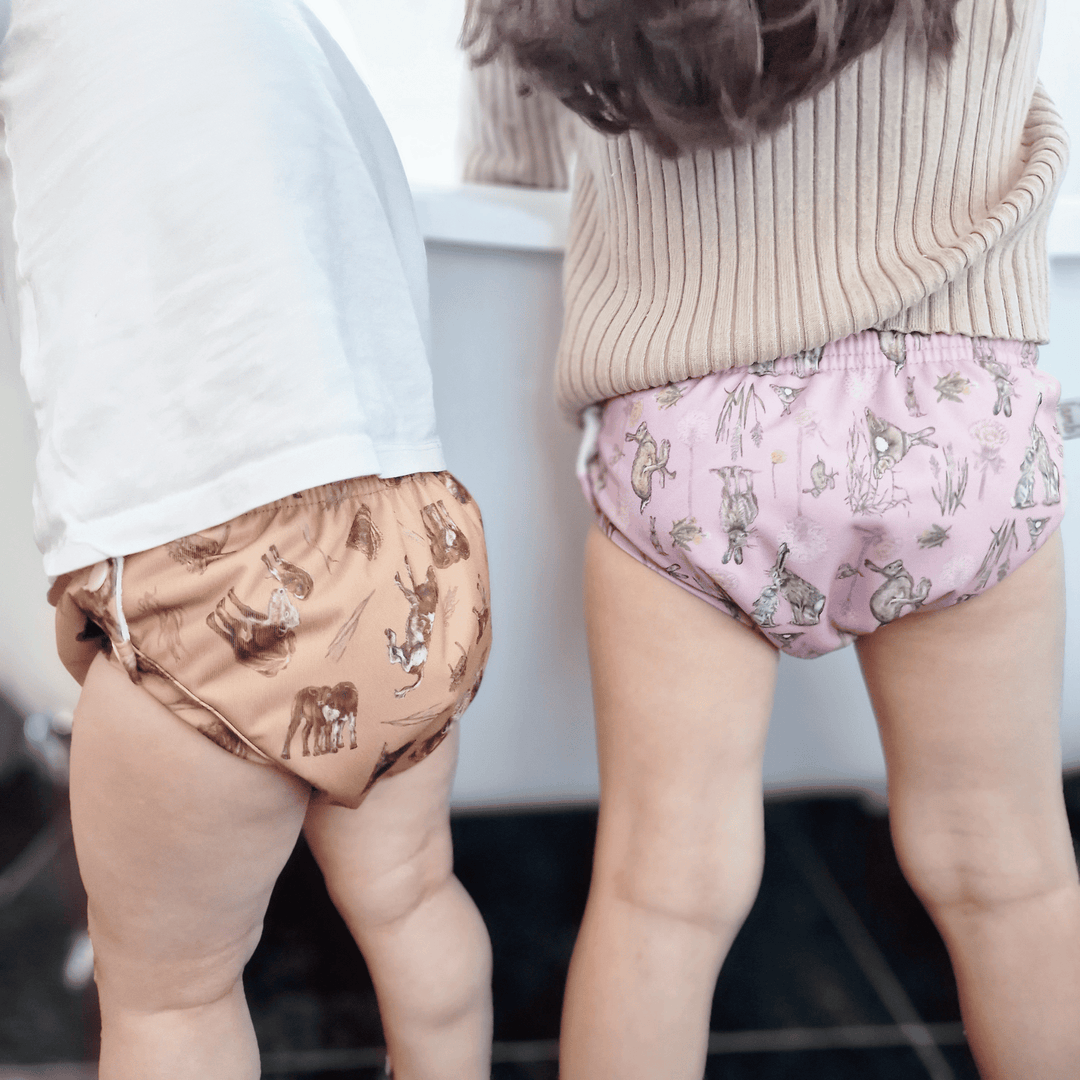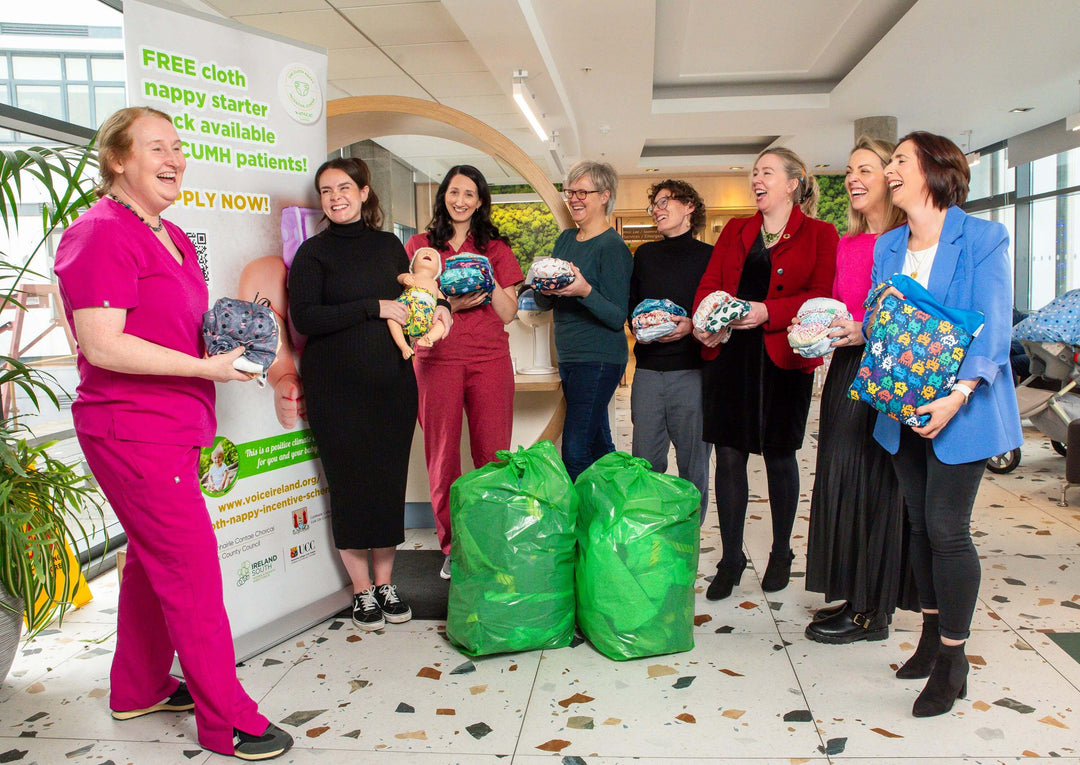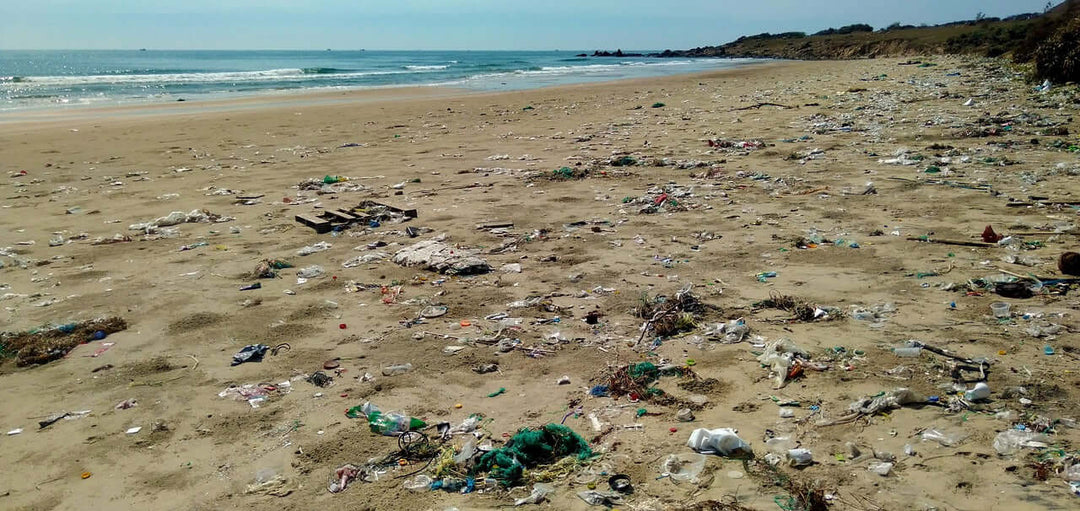Overwhelming Sewer Systems
The impact of disposable nappies and wipes extends beyond individual households as they navigate through the sewer system. Our infrastructure isn't designed to handle non-biodegradable materials like these. Consequently, they obstruct pipes, pumps, and treatment facilities, placing a heavier burden on local county councils with increased maintenance and repair costs.
Wipes are the leading cause of sewer blockages in Ireland, accounting for over 60% of all sewer blockages.
Environmental Consequences
The problems don't end with our drains and sewers; disposable nappies and wipes pose a significant threat to our environment, especially our seas and oceans. Some of the worst marine pollutants are the plastics and synthetic materials found in these products, which can persist in the environment for centuries, harming marine life and disrupting ecosystems. Dirty disposable nappies are also in the category considered to be most harmful form of marine litter. Science has also shown time and again that nappies are causing diseases in coral reefs.
As disposable nappies and wipes disintegrate over time, typically over decades, they release microplastics – tiny particles that can be ingested by marine organisms. This sets off a chain reaction of harm throughout the food chain, affecting both aquatic life and human health.
Also, in some areas, the sight of disposable nappies and wipes littering our beaches is all too familiar. This not only mars the natural beauty of coastal areas but also jeopardizes the delicate ecosystems along our shores.
Sustainable Alternatives
It's clear that the widespread use of disposable nappies and wipes is exacting a toll on our environment. Fortunately, there are eco-friendly alternatives that can help address these issues, with reusable wipes and nappies emerging as the ultimate solution.




